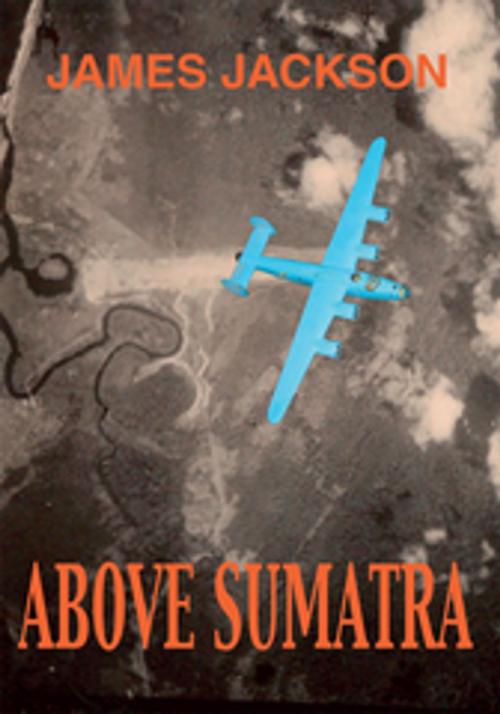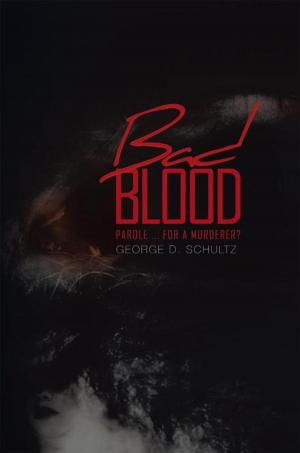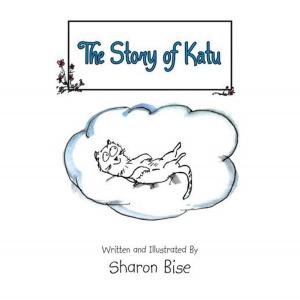| Author: | James Jackson | ISBN: | 9781412247467 |
| Publisher: | Trafford Publishing | Publication: | February 26, 2007 |
| Imprint: | Trafford Publishing | Language: | English |
| Author: | James Jackson |
| ISBN: | 9781412247467 |
| Publisher: | Trafford Publishing |
| Publication: | February 26, 2007 |
| Imprint: | Trafford Publishing |
| Language: | English |
Gil Kramer is a Canadian pilot on a Royal Air Force squadron in Ceylon, now Sri Lanka. It is 1943 and the Japanese after a brief attack have bypassed the island and shifted to Burma in their drive to India.
Kramer's squadron, equipped with long-range B24 Liberator aircraft, is based in the hot and humid jungle, embodying all that is destructive of the soul. Kramer arrives keen for action, but the months of inactivity leach away his resolve. Letters from his high-school sweetheart, Jessica, seem so unreal that he breaks off with her, and is unmoved on hearing she has married his boyhood friend, Chuck Leowey, back in Canada after a tour on bombers in Europe.
After eight months he has found refuge in lethargy, and is shocked to be picked for promotion to flight commander. As he wrestles with this threat the jungle's terror is manifest in a bandit gang's night attack on the camp. Kramer is wounded, taking him beyond his emotional breaking point.
In hospital, a malevolent engineering officer helps convince him the promotion will empower him to master the jungle, but then his friend Leowey arrives unexpectedly to take the flight commander job. Kramer is stunned. The jungle is no longer his enemy but his element; he retreats into it and becomes one of its creatures. He emerges to air-test the aircraft Leowey is to fly on a 14-hour photographic sortie to Sumatra and okays it despite a defect in its controls, and Leowey is killed on takeoff.
He flies the sortie in Leowey's place, so heavy with guilt that he is ready to let a huge approaching tropical storm destroy the aircraft. But his blind will to survive asserts itself, and the Liberator gets through. The storm drains him of emotion and cleanses his soul. He sees his failure was not the jungle's corrupting power but his own weakness.
In the bleak morning light before landfall on Sumatra he is left spiritually empty. And then, from 25,000 feet for the photo run, he sees earth is no longer a suffocating jungle but as something sublime, a magnificent amphitheatre of green mountains and dramatic ravines glowing in morning mists, with a thin strip of habitation clinging to the ocean's edge. He realizes the humanity he shares with those below confirms his own humanity, that he had almost lost. The possibility of redemption is so powerful that he delays leaving the target, giving time for the Japanese fighters to climb to the attack.
Above Sumatra was first published in 1964 by Baxter Publishing of Toronto as To the Edge of Morning. The great Canadian poet Earle Birney wrote of it, "Not since St. Exupery has any story-teller caught me up so powerfully into the terrible and beautiful world of flight."
Gil Kramer is a Canadian pilot on a Royal Air Force squadron in Ceylon, now Sri Lanka. It is 1943 and the Japanese after a brief attack have bypassed the island and shifted to Burma in their drive to India.
Kramer's squadron, equipped with long-range B24 Liberator aircraft, is based in the hot and humid jungle, embodying all that is destructive of the soul. Kramer arrives keen for action, but the months of inactivity leach away his resolve. Letters from his high-school sweetheart, Jessica, seem so unreal that he breaks off with her, and is unmoved on hearing she has married his boyhood friend, Chuck Leowey, back in Canada after a tour on bombers in Europe.
After eight months he has found refuge in lethargy, and is shocked to be picked for promotion to flight commander. As he wrestles with this threat the jungle's terror is manifest in a bandit gang's night attack on the camp. Kramer is wounded, taking him beyond his emotional breaking point.
In hospital, a malevolent engineering officer helps convince him the promotion will empower him to master the jungle, but then his friend Leowey arrives unexpectedly to take the flight commander job. Kramer is stunned. The jungle is no longer his enemy but his element; he retreats into it and becomes one of its creatures. He emerges to air-test the aircraft Leowey is to fly on a 14-hour photographic sortie to Sumatra and okays it despite a defect in its controls, and Leowey is killed on takeoff.
He flies the sortie in Leowey's place, so heavy with guilt that he is ready to let a huge approaching tropical storm destroy the aircraft. But his blind will to survive asserts itself, and the Liberator gets through. The storm drains him of emotion and cleanses his soul. He sees his failure was not the jungle's corrupting power but his own weakness.
In the bleak morning light before landfall on Sumatra he is left spiritually empty. And then, from 25,000 feet for the photo run, he sees earth is no longer a suffocating jungle but as something sublime, a magnificent amphitheatre of green mountains and dramatic ravines glowing in morning mists, with a thin strip of habitation clinging to the ocean's edge. He realizes the humanity he shares with those below confirms his own humanity, that he had almost lost. The possibility of redemption is so powerful that he delays leaving the target, giving time for the Japanese fighters to climb to the attack.
Above Sumatra was first published in 1964 by Baxter Publishing of Toronto as To the Edge of Morning. The great Canadian poet Earle Birney wrote of it, "Not since St. Exupery has any story-teller caught me up so powerfully into the terrible and beautiful world of flight."















